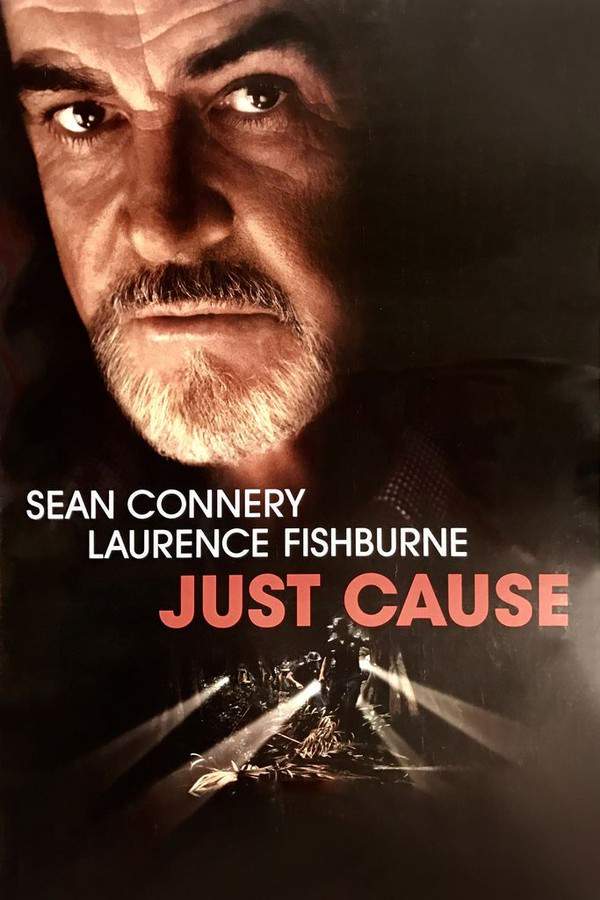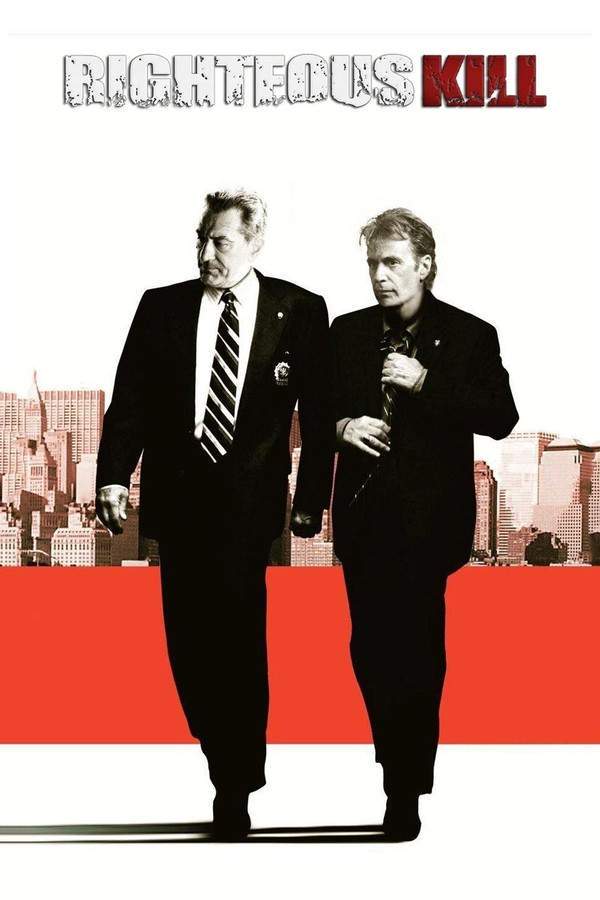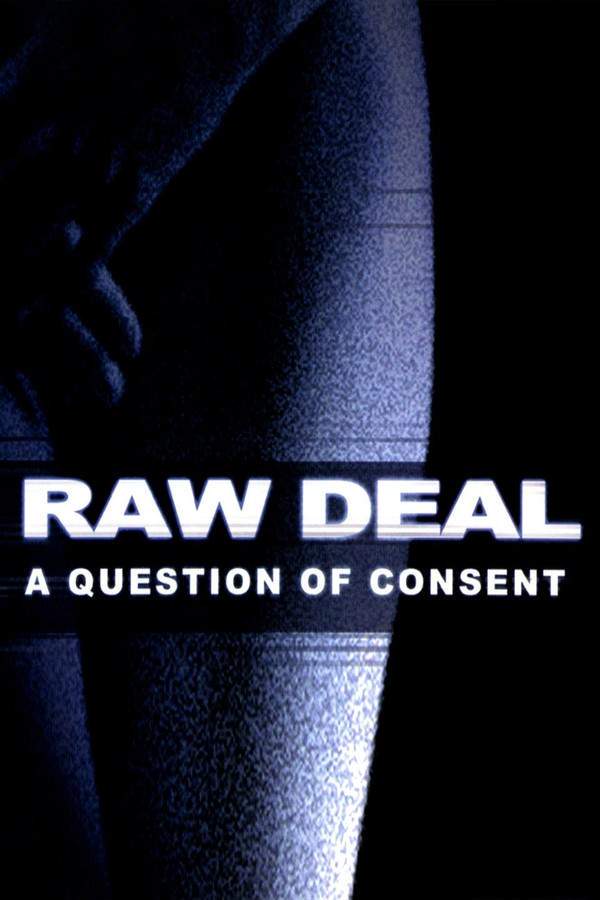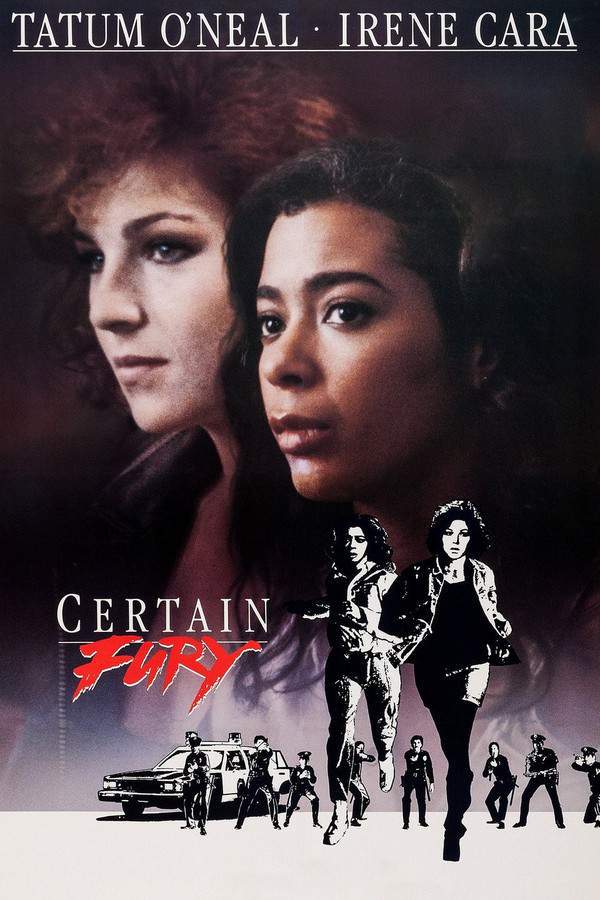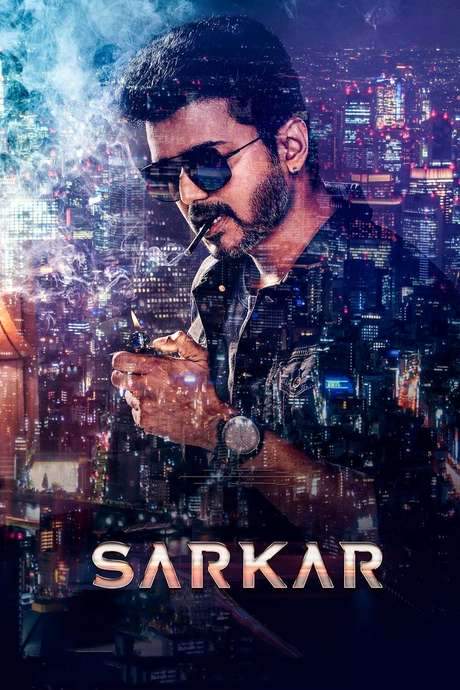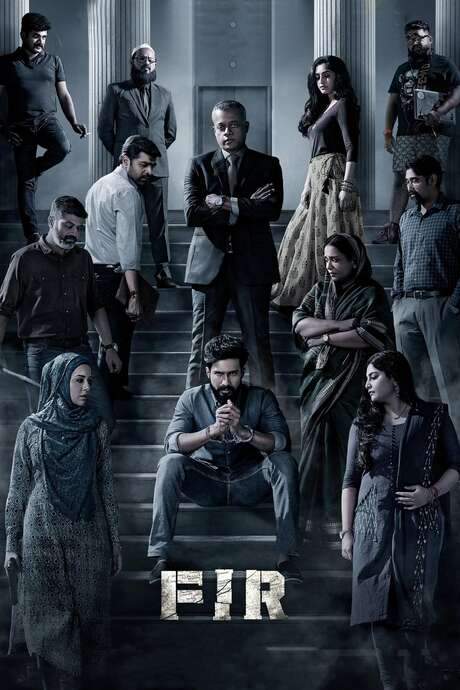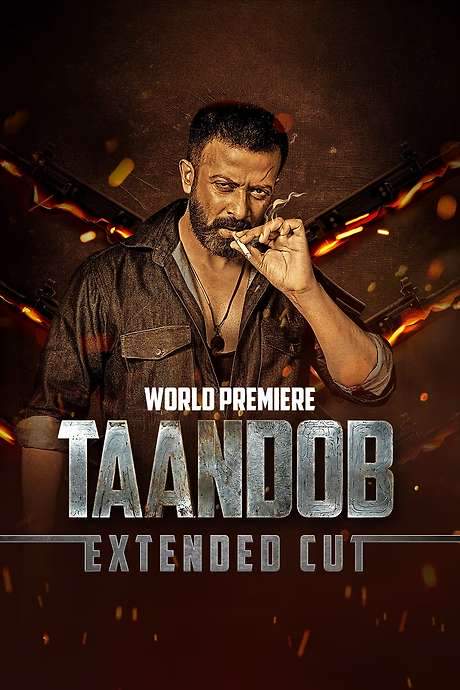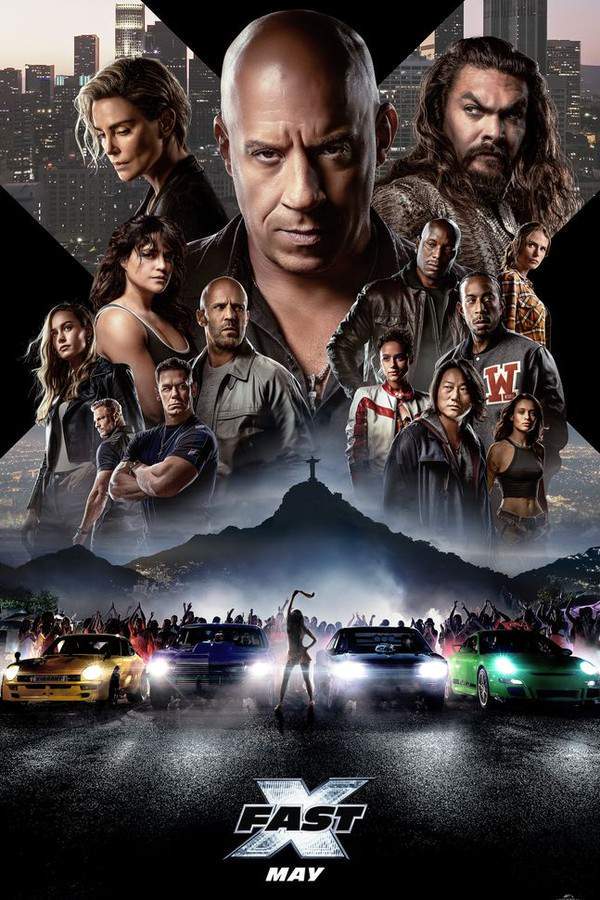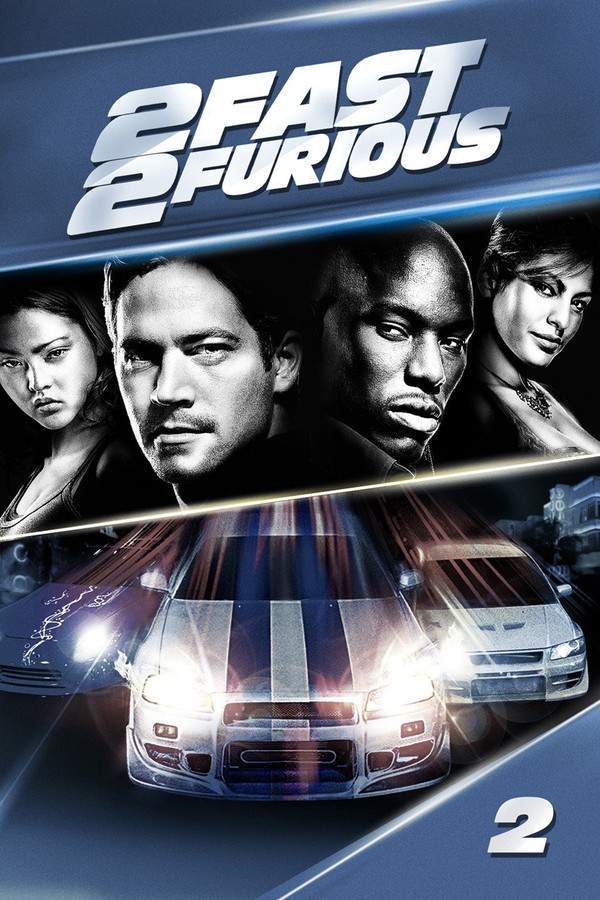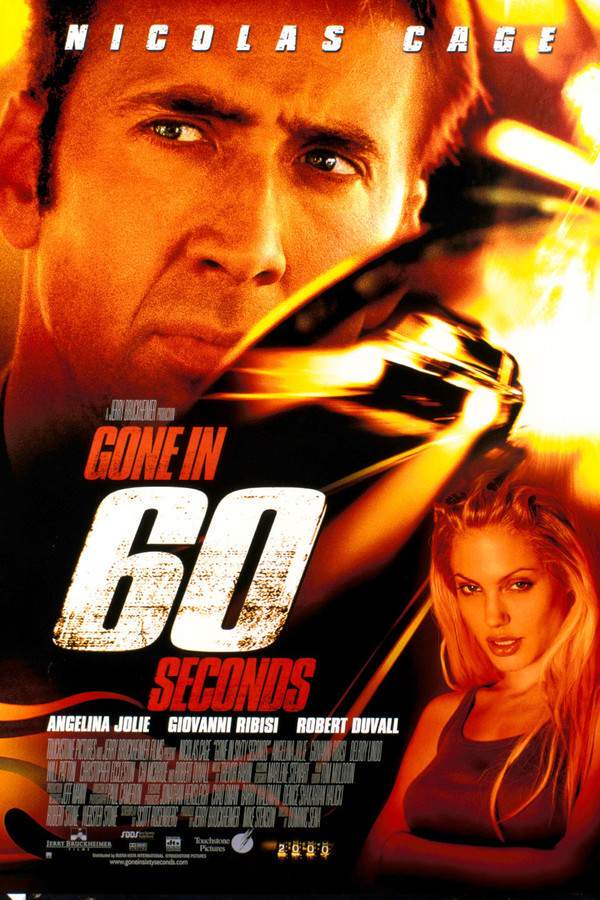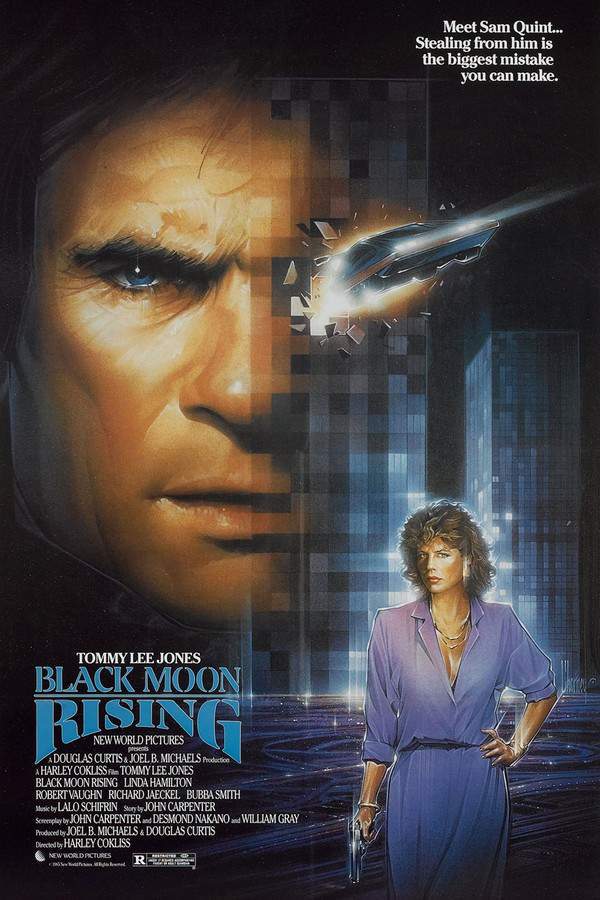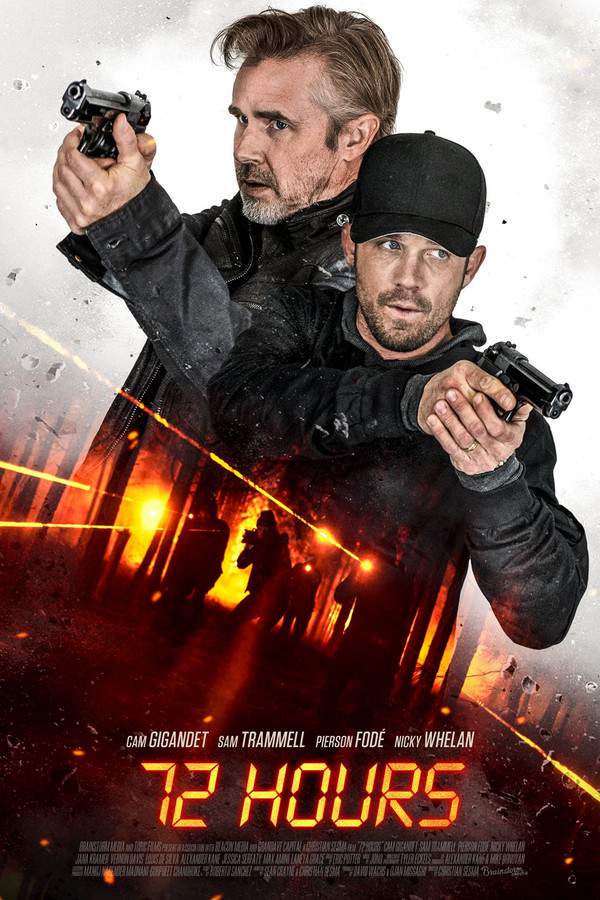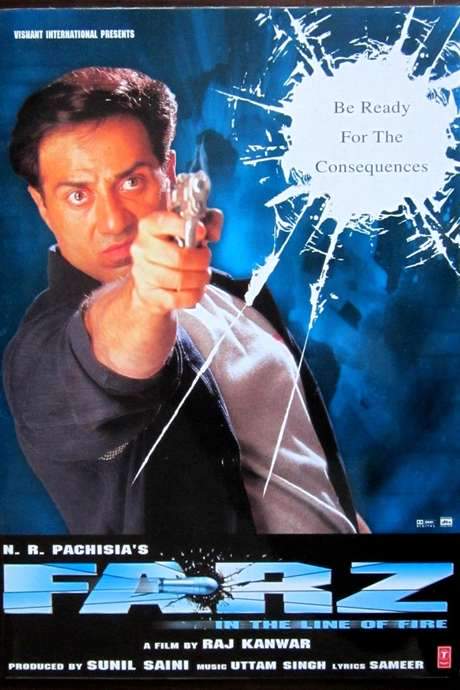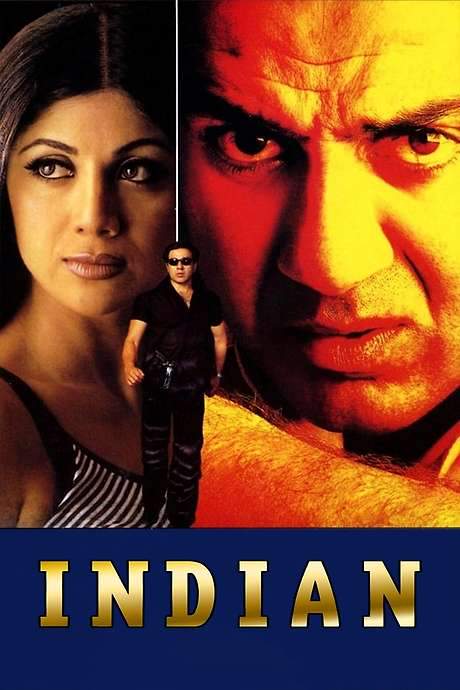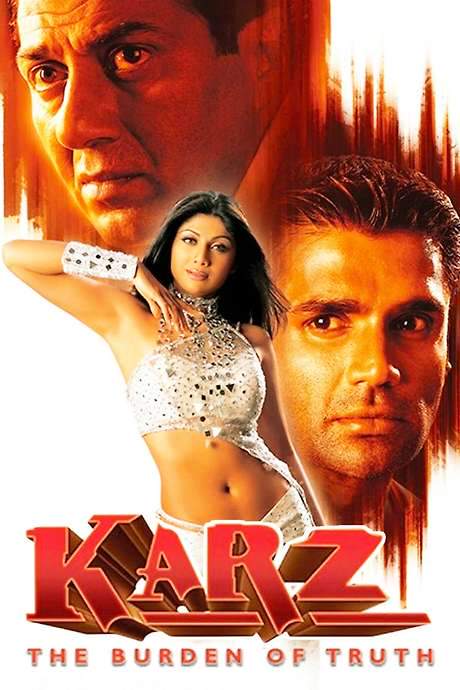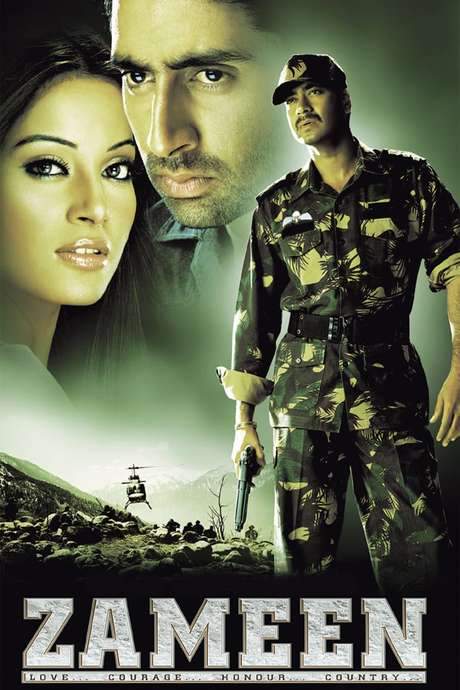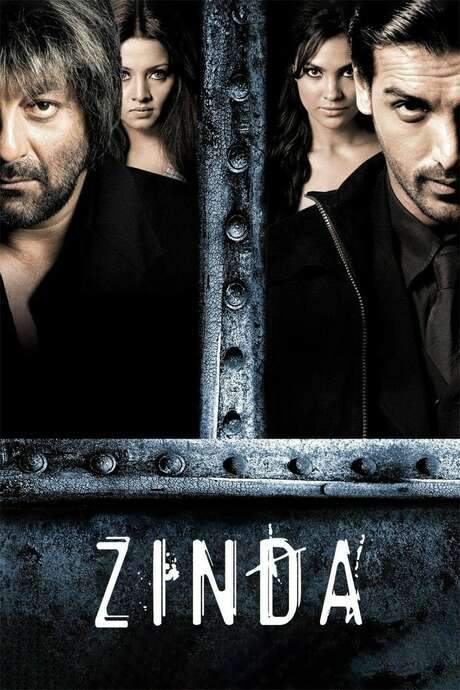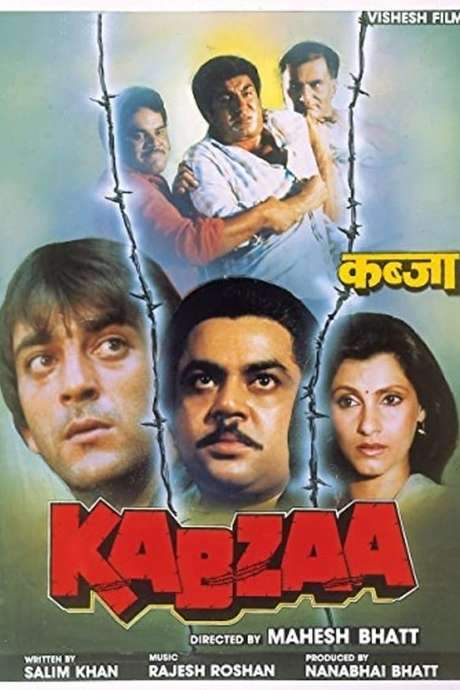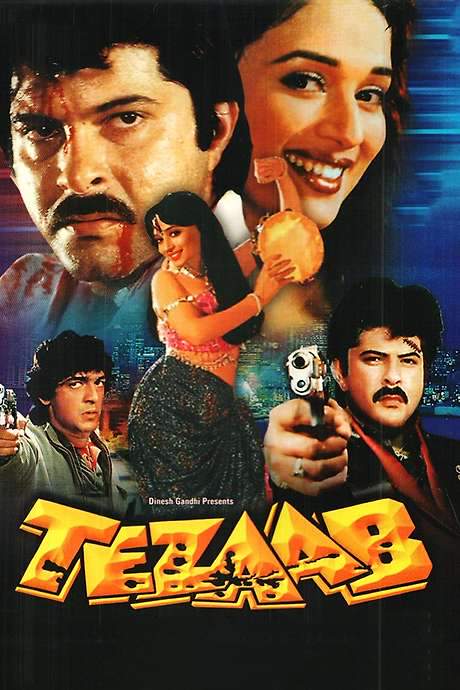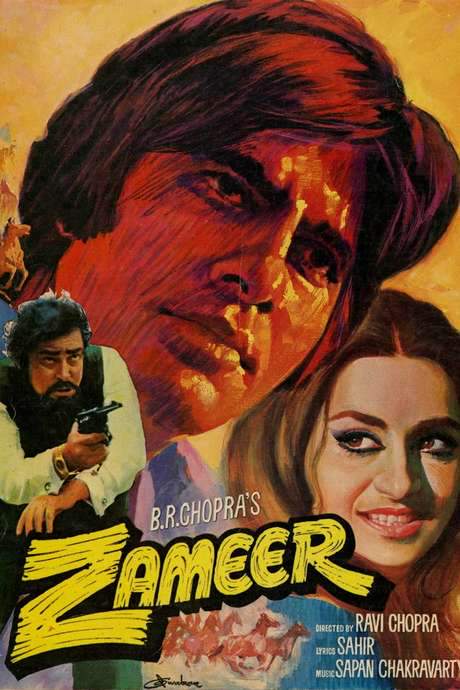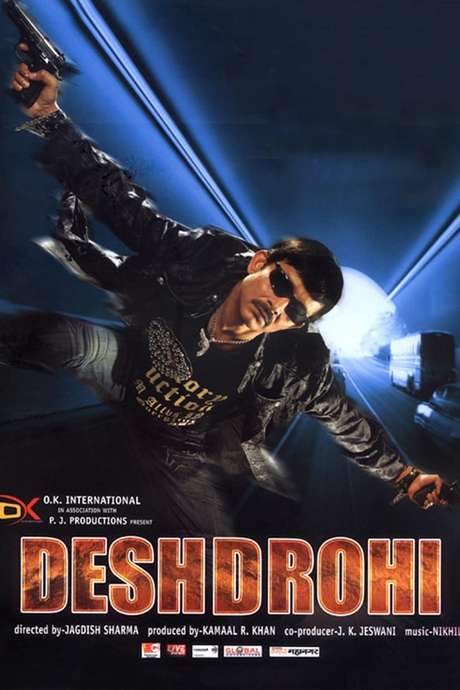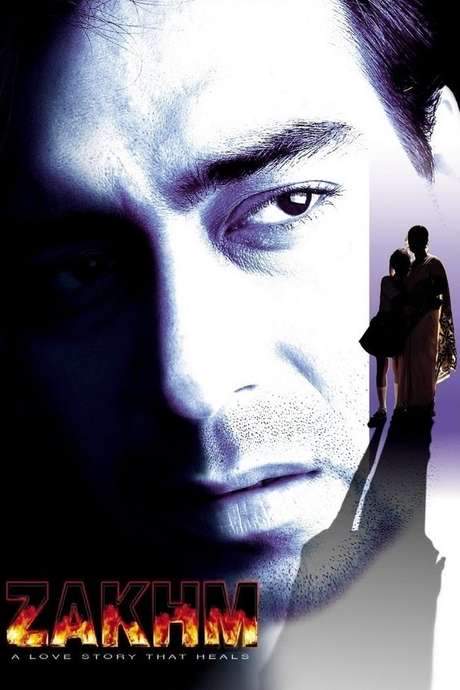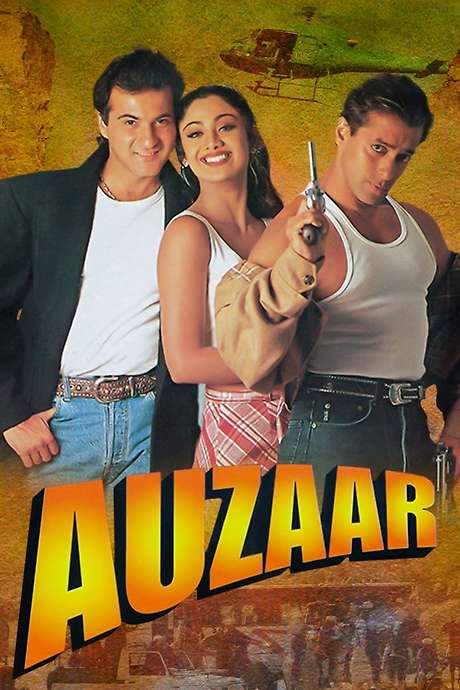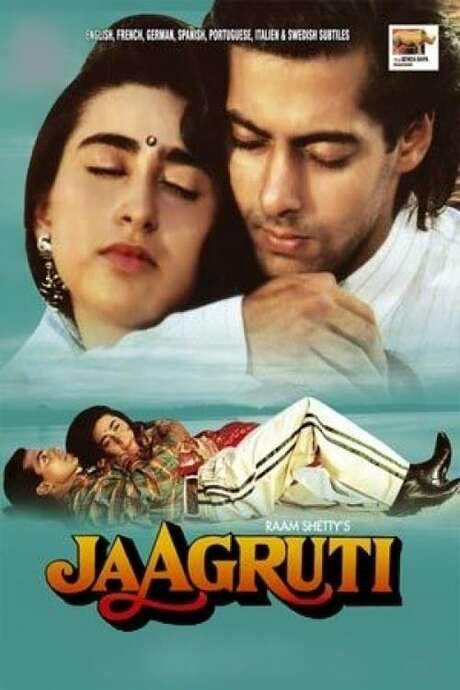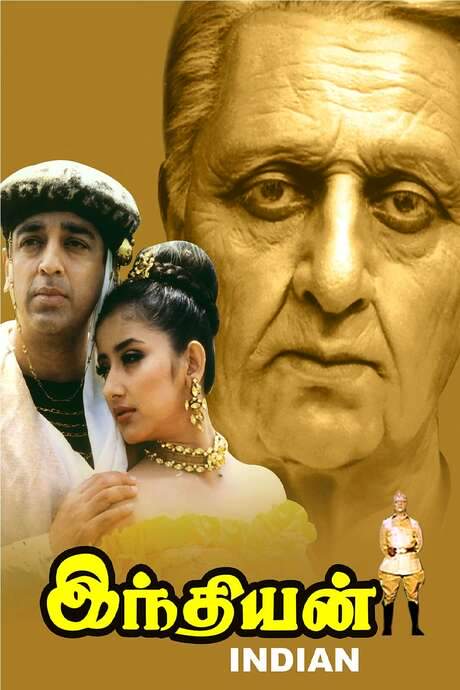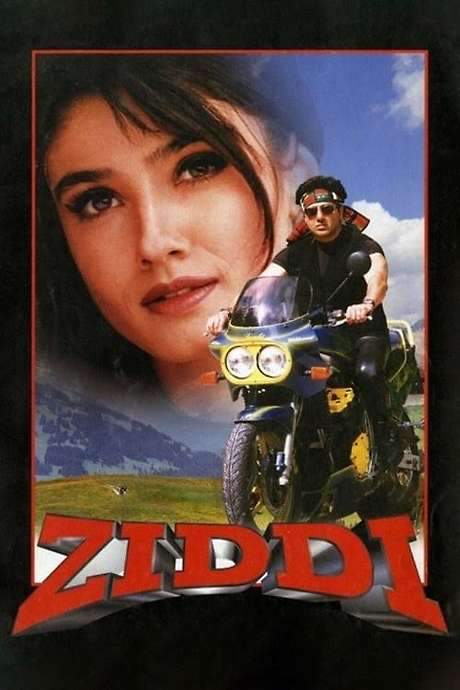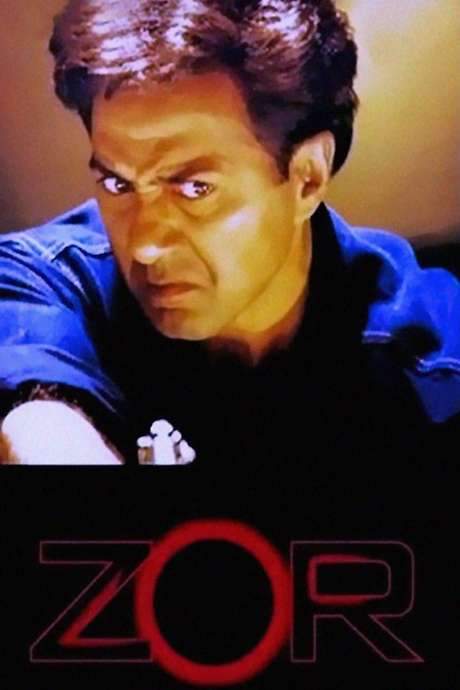
Zor
Year: 1998
Runtime: 125 mins
Language: Hindi
Director: Sangeeth Sivan
Arjun Singh, a committed police officer, battles corruption and terrorism with unwavering resolve, but repeatedly hits roadblocks erected by his own superiors and influential politicians who shield the very criminals he pursues, leaving his heroic efforts seemingly futile.
Warning: spoilers below!
Haven’t seen Zor yet? This summary contains major spoilers. Bookmark the page, watch the movie, and come back for the full breakdown. If you're ready, scroll on and relive the story!
Zor (1998) – Full Plot Summary & Ending Explained
Read the complete plot breakdown of Zor (1998), including all key story events, major twists, and the ending explained in detail. Discover what really happened—and what it all means.
Arjun, a photojournalist Sunny Deol, is the cherished son of Police Commissioner Uday Singh Anupam Kher. He shares a warm, everyday life with his parents, a younger sister, and his grandmother, enjoying a sense of normalcy that feels earned after years of hard work and balance between duty and family. The story pivots when he meets Aarti, a low-profile reporter in a small daily who dreams of making a name for herself in the world of journalism. Aarti, portrayed by Sushmita Sen, is clever, ambitious, and driven by the desire to uncover truth rather than chase headlines. The connection between Arjun and Aarti grows quickly as they discover a shared passion for justice and a reluctance to back down in the face of powerful interests.
As their relationship deepens, they decide to marry, but a hurdle stands in their way: they must wait for the approval of Arjun’s close friend Iqbal, a former Indian Army Captain Milind Gunaji. The arrangement is loaded with tension because Iqbal’s blessing would validate their union in the eyes of the family and the broader community. The plot thickens when Arjun’s father is suddenly blamed for letting a dangerous terrorist slip through the cracks and is branded a traitor. This accusation rattles the family and triggers a cascade of events that pull Arjun away from his peaceful life and into a dangerous investigation.
Iqbal is present at Arjun’s house during the sister’s engagement, and soon after the police arrest Commissioner Singh. Arjun believes the charges against his father are part of a larger conspiracy designed to tarnish his family’s name. Driven by loyalty and a sense of duty, he sets out to locate the fugitive terrorist and uncover the people behind the conspiracy, determined to restore his father’s dignity. In a surprising turn, Iqbal leaves Arjun’s home without leaving any clear clues, which only fuels Arjun’s suspicion and resolve.
His quest leads him to Kashmir, where he survives a harrowing terrorist attack and discovers a darker truth: Iqbal is the leader of the very group that attacked him. The revelation shakes Arjun, but it also opens a window into Iqbal’s improbable backstory. Iqbal recounts how his transformation began after a personal tragedy—his family and wife were lost in a communal riot in his village. A communal leader, Shah Alam Om Puri, escorted him and hundreds of others to train to fight those who had destroyed their community. Over time, Iqbal’s experiences push him toward extremism, turning him away from patriotism and toward a path that makes him appear to be a terrorist to the outside world.
Confronting Iqbal with the truth of his own transformation, Arjun argues that the entire situation is a conspiracy to weaponize Iqbal’s expertise with explosives. He insists that Iqbal’s skills could be exploited to devastate the country they both love, and his explanation begins to shift Iqbal’s view from blind rage to a critical understanding of those who manipulate people. Realizing the manipulation behind the chaos, Iqbal agrees to help Arjun, recognizing that their fight must be waged with evidence and truth rather than blood alone.
But the danger remains high. Shah Alam informs his crime partner Swamiji, a figure played by Mohan Agashe, and Swamiji makes bold moves to eliminate Arjun and silence the truth. The threat spills over to Arjun’s own family as Swamiji and Alam pursue him, attempting to keep the conspiracy from unraveling. The pursuit culminates in a dramatic courtroom moment when the Commissioner’s fate hangs in the balance and Arjun brings Iqbal forward as a crucial witness.
The courtroom becomes a battlefield of truth and media power. Arjun, leveraging support from his fellow journalists and a nationwide audience, presents the evidence that exposes Alam and Swamiji as the real traitors who used Iqbal as a scapegoat and a pawn. The trial results in a stunning reversal: Iqbal and Commissioner Singh are absolved of guilt, and Alam is arrested. Swamiji, however, refuses to concede, threatening to unleash his followers if he is taken down. In a bold move that reinforces the power of transparency, Arjun and his media allies telecast the entire proceedings live on national television, laying bare Swamiji’s corrupt influence and the mob that has followed him. The public response is swift and brutal, and Swamiji is met with a chorus of justice from those he once deceived.
In the end, the narrative returns to its core themes: truth, accountability, and the reclaiming of dignity. Arjun’s relentless pursuit of justice restores his father’s reputation and helps bring the conspirators to light, while also revealing how media, friendship, and personal sacrifice can converge to expose who truly deserves trust and who does not. The film closes on a note of cautious optimism, showing a family united by truth and a city reminded of the fragility of justice in the face of manipulation.
Last Updated: October 07, 2025 at 08:15
Explore Movie Threads
Discover curated groups of movies connected by mood, themes, and story style. Browse collections built around emotion, atmosphere, and narrative focus to easily find films that match what you feel like watching right now.
Movies about fighting corruption like Zor
A lone hero battles powerful conspiracies and political rot to achieve justice.For viewers who enjoyed Zor, this selection features films where dedicated individuals confront systemic corruption and political conspiracies. These movies offer a similar vibe of tense, high-stakes thrillers with a resolute hero fighting for justice against powerful, shadowy forces.
Narrative Summary
These narratives follow a driven protagonist on a quest to expose and dismantle a vast conspiracy. The journey is filled with obstacles, betrayals from within, and constant danger, typically building towards a dramatic public or legal showdown where the truth is finally revealed.
Why These Movies?
They are grouped by their shared focus on a high-intensity, fast-paced battle against institutional corruption. The mood is consistently tense, gripping, and resolute, with a heavy emotional weight stemming from themes of betrayal and the high cost of seeking truth.
Fast-paced urgent thrillers similar to Zor
Fast-paced narratives where the clock is ticking to prevent disaster or expose a secret.If you liked the relentless pace and urgent atmosphere of Zor, these movies deliver a similar experience. They feature high-tension plots that move quickly, placing characters in a race against time filled with danger, suspense, and gripping action.
Narrative Summary
The plot structure is linear and propulsive, often involving a chase, an investigation, or a mission with a critical deadline. Each scene builds upon the last, raising the stakes and tightening the tension until a climactic resolution is reached.
Why These Movies?
They share a core experience of fast pacing and a tense, urgent mood that creates a gripping, unputdownable watch. The intensity remains high throughout, driven by a clear, immediate threat or goal that must be resolved against all odds.
Unlock the Full Story of Zor
Don't stop at just watching — explore Zor in full detail. From the complete plot summary and scene-by-scene timeline to character breakdowns, thematic analysis, and a deep dive into the ending — every page helps you truly understand what Zor is all about. Plus, discover what's next after the movie.
Zor Timeline
Track the full timeline of Zor with every major event arranged chronologically. Perfect for decoding non-linear storytelling, flashbacks, or parallel narratives with a clear scene-by-scene breakdown.

Characters, Settings & Themes in Zor
Discover the characters, locations, and core themes that shape Zor. Get insights into symbolic elements, setting significance, and deeper narrative meaning — ideal for thematic analysis and movie breakdowns.

Zor Spoiler-Free Summary
Get a quick, spoiler-free overview of Zor that covers the main plot points and key details without revealing any major twists or spoilers. Perfect for those who want to know what to expect before diving in.

More About Zor
Visit What's After the Movie to explore more about Zor: box office results, cast and crew info, production details, post-credit scenes, and external links — all in one place for movie fans and researchers.

Similar Movies to Zor
Discover movies like Zor that share similar genres, themes, and storytelling elements. Whether you’re drawn to the atmosphere, character arcs, or plot structure, these curated recommendations will help you explore more films you’ll love.
Explore More About Movie Zor
Zor (1998) Scene-by-Scene Movie Timeline
Zor (1998) Movie Characters, Themes & Settings
Zor (1998) Spoiler-Free Summary & Key Flow
Movies Like Zor – Similar Titles You’ll Enjoy
Aurangzeb (2013) Spoiler-Packed Plot Recap
Farz (2001) Complete Plot Breakdown
Indian (2001) Story Summary & Characters
Karz (2002) Spoiler-Packed Plot Recap
Zameen (2003) Spoiler-Packed Plot Recap
Zinda (2006) Full Movie Breakdown
Kabzaa (1988) Film Overview & Timeline
Tezaab (1988) Film Overview & Timeline
Zameer (1975) Complete Plot Breakdown
Deshdrohi (2008) Film Overview & Timeline
Zakhm (1998) Full Summary & Key Details
Auzaar (1997) Story Summary & Characters
Jaagruti (1992) Movie Recap & Themes
Indian (1996) Spoiler-Packed Plot Recap
Ziddi (1997) Ending Explained & Film Insights


